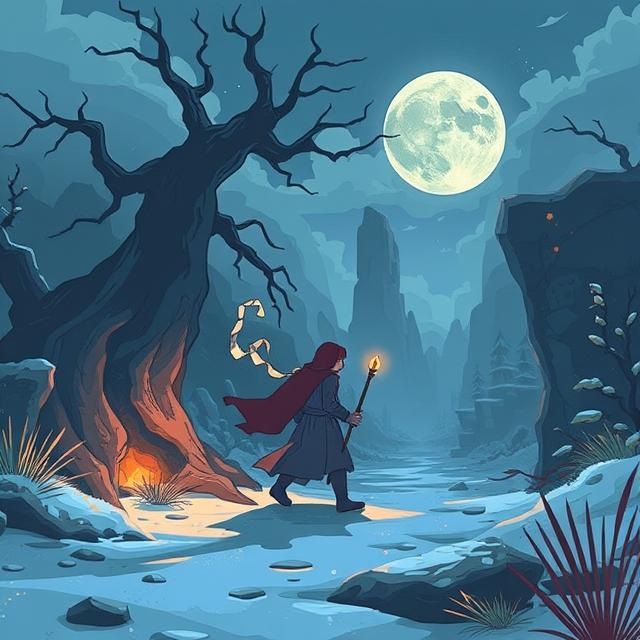Storytelling in games is no longer just cutscenes between missions — it’s woven into every interaction, environment, and decision. Narrative-driven games are shaping the medium into something more than entertainment — they’re experiences.
Let’s talk about The Last of Us. Every line of dialogue, every facial expression, every scrap of paper you pick up — it all contributes to a world that feels brutally real. It doesn’t just tell a story; it immerses you in it.
Telltale’s The Walking Dead pioneered emotional, choice-driven storytelling. While the choices may not always lead to wildly different outcomes, they feel impactful — and that’s powerful. Players care deeply about the characters they influence.
Then there’s Disco Elysium, which redefines what narrative gameplay even means. It’s practically a novel disguised as a detective RPG, but one where your thoughts argue with each other and your failures are part of the story.
Games like Life is Strange and Firewatch prove that narrative doesn’t require combat or action. It requires emotional truth. Voice acting, writing, pacing, and interactivity combine to make you care in ways that film and books can’t always replicate.
Narrative-driven games are becoming a respected storytelling medium. With advancements in facial capture, branching dialogue, and immersive world-building, they may soon rival traditional storytelling in emotional depth and complexity.

Leave a Reply